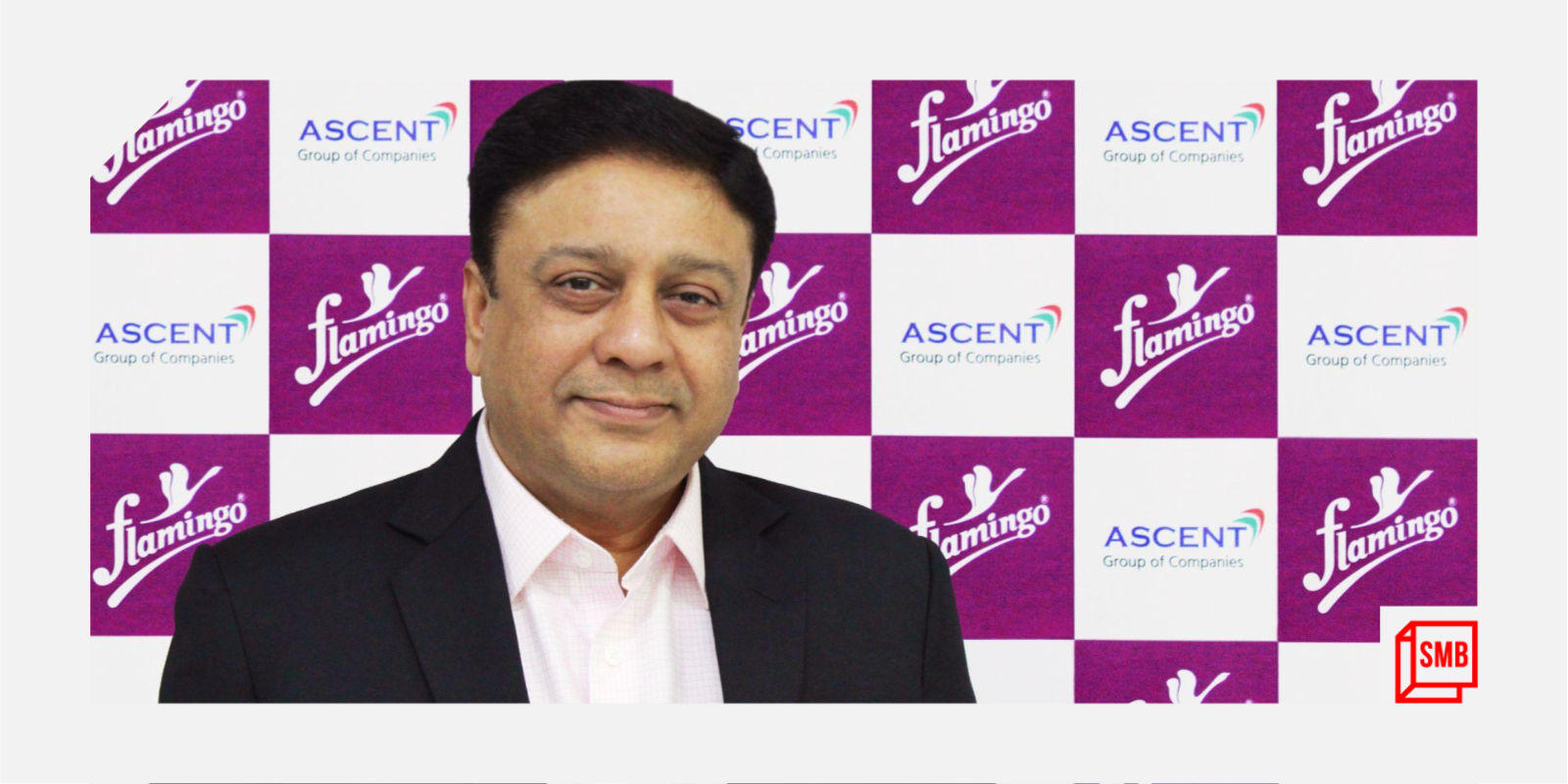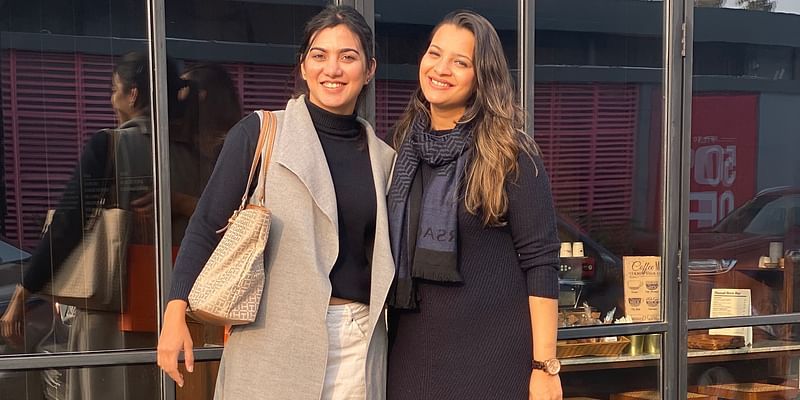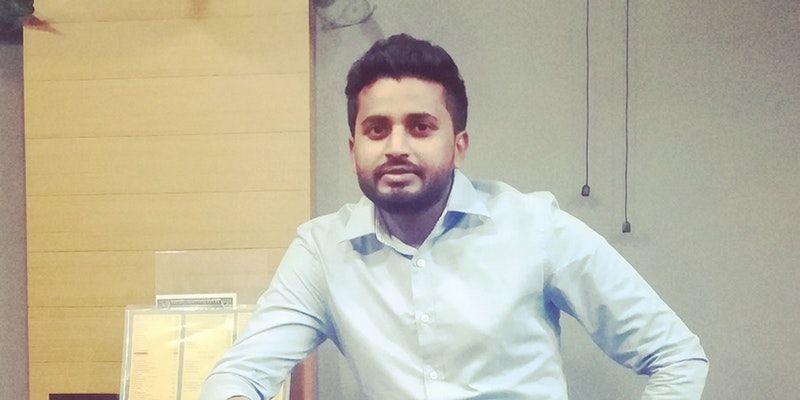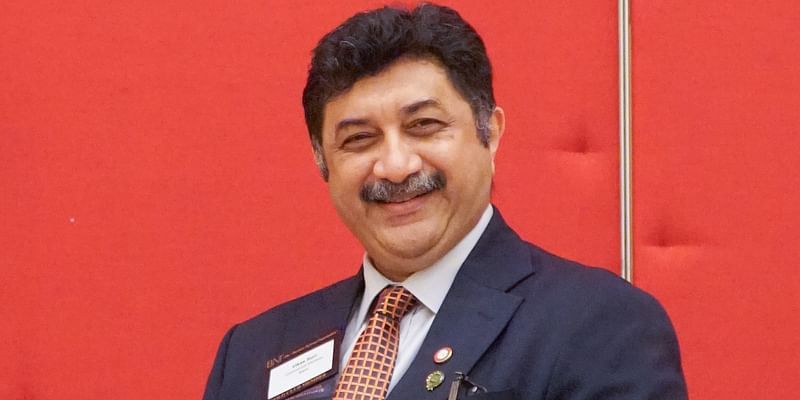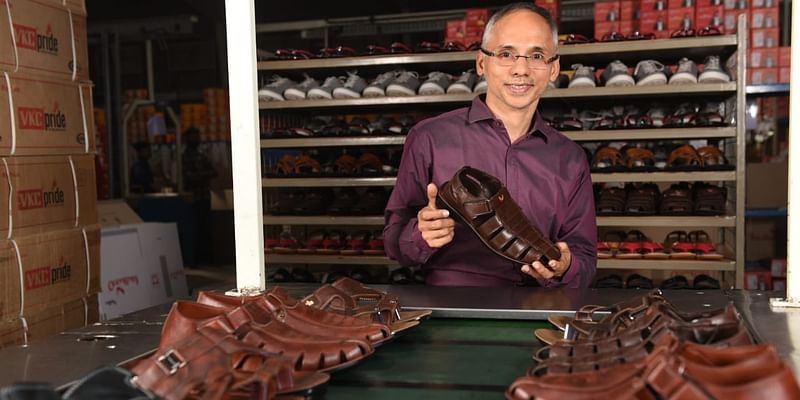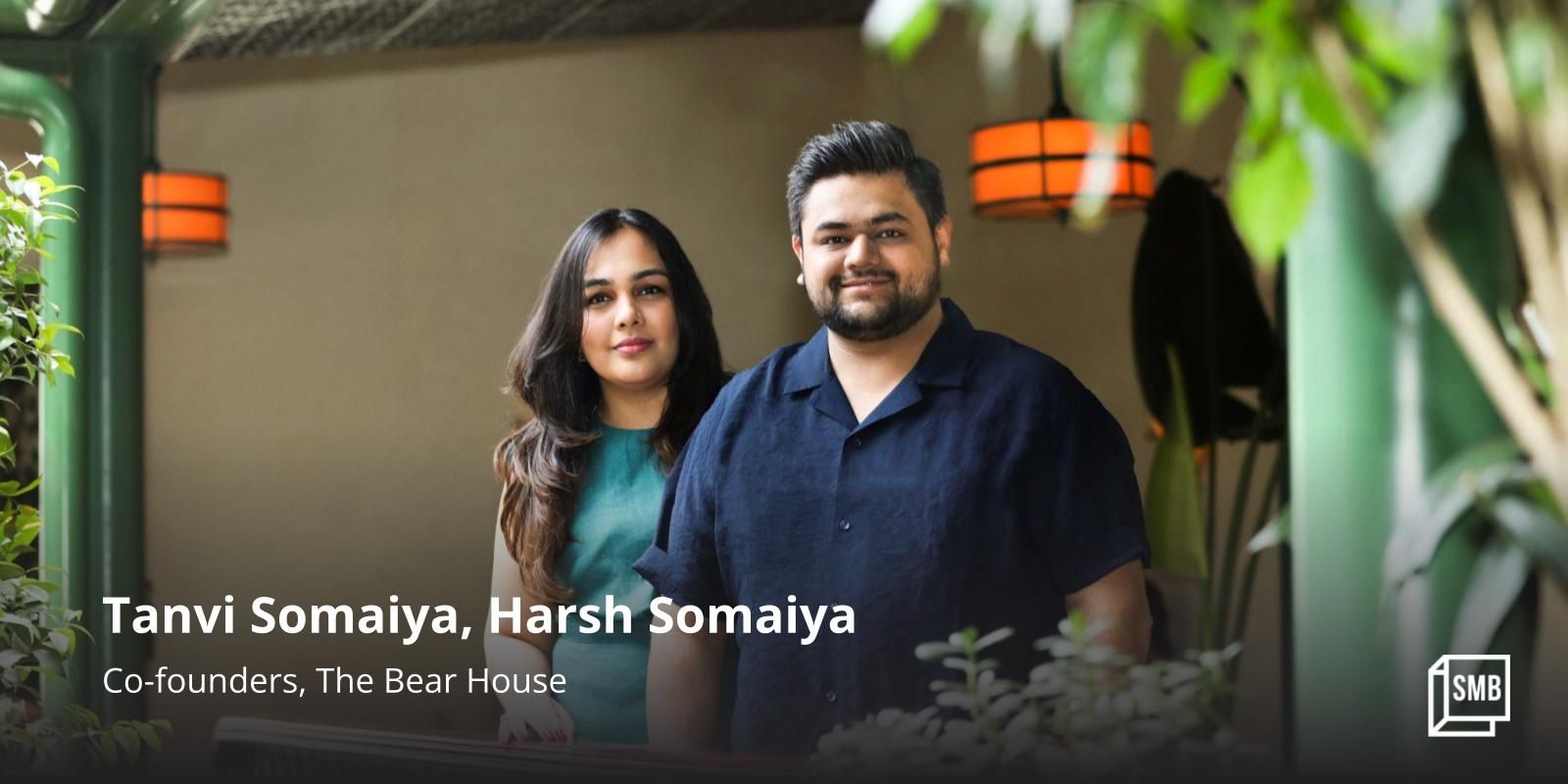At 22, he launched one of India’s first electronic heating belts brands Flamingo which is now worth Rs 200 cr
Rajiv Mistry, founder of Ascent Meditech Ltd (AML) which is known for its flagship brand Flamingo, tells his journey of making a nearly Rs 200 cr company. An engineer by education, Mistry started making electronic medical equipment in 1991, at a time when concept of heat belts was alien to India.
Heat therapy is a common way to relieve back pain. And, Flamingo heat belt has become one of the most sought-after medical equipment for people looking for the treatment of musculoskeletal disorders.
Given Flamingo’s popularity now, not many would believe that its founder Rajiv Mistry, who began the company when he was 22, had once thought to shut the business after a few years of its inception thinking that his idea was a failure.
Talking to SMBStory, Rajiv says,
“In 1991, when I had built the heating belt, there was no one doing this in India. For people, it was an alien product. They relied on water bags for heating therapy and were happy using it. Thoughts crossed my mind that maybe I’m on the wrong path, I even thought many times to shutter the business but as destiny had its own plans, it took me a decade to make my product a success,” he says.
When Rajiv launched the heating belt, the annual revenue of the company turned out to be less than Rs five lakh in the first year. Today, three decades later, Flamingo, which operates under the company Ascent Meditech Limited (AML), is expected to touch revenue of Rs 200 crore, Rajiv claims.
AML’s major markets include India, East Africa and South East Asia.
Turning a loss making business into a large enterprise
After completing his engineering from Mumbai, Rajiv had clear plans that he didn’t want to choose a 9-5 job. Rather, he wanted to use his potential in business. He stumbled upon the idea of making an electronic heating belt seeing the discomfort provided by heated water bags.
Being an electronics engineer, making the first prototype wasn’t a difficult task for Rajiv; however, getting consumers on board was tedious.
“That time there was no internet where you could educate customers about your product through a video or detailed post. We had to go door-to-door to promote the product, give the demo and do sales,” Rajiv recalls.
People were very hesitant to use an electronic product on their body, he adds. It took a decade for the product to gain market acceptance.

After 2005, when the market opened up and people started spending money on comfort, Falmingo’s consumer base grew.
Flamingo then entered into the orthopaedic soft goods space followed by entry into the wound-care and mobility space. This saw the company’s revenue rise at a CAGR (Compound Annual Growth Rate) of 35-40 percent.
Being Aatmanirbhar
Products from China dominate the medical equipment industry, especially in the pain management category. But for Rajiv, making a truly ‘Made in India’ brand was foremost to keep a track of the quality and full control in the business. Thus, from its inception, the company has been sourcing most of the raw materials locally, except a few, and manufacturing the products in-house.
“The very reason for our suffering losses in the initial days of the business was because we were not trading or sourcing products but manufacturing. And with low acceptance in the market back then, we weren’t able to make enough money,” Rajiv says.
AML has set up its state-of-the-art manufacturing unit in Valsad, Gujarat. The facility is spread across 15 acres of land and employs 1,600 people. The company manufactures over 400 top of the line pain management solutions.
With the integrated manufacturing unit having a capacity to produce one lakh units per day, AML is well-positioned to cater to the demand in the near future, the founder says.
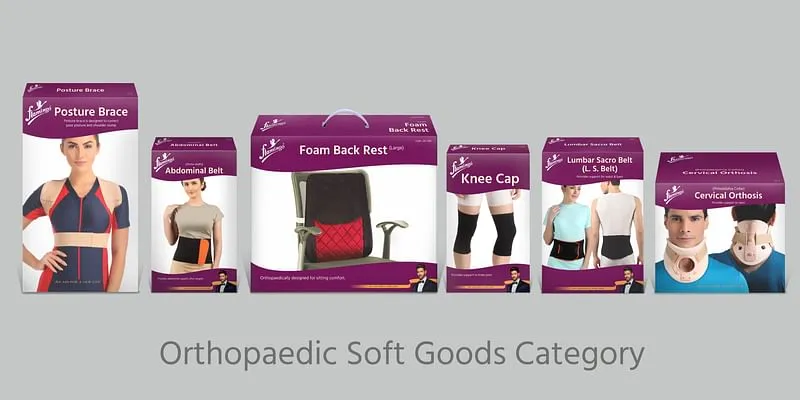
The market capture and challenges
AML, according to Rajiv, is present across four continents in 53 countries and captures multiple segments without any white labelling.
Flamingo, the flagship consumer healthcare brand under the company’s umbrella, is present in five segments including healthcare, orthopaedic soft goods, wound-care, mobility and personal protection.
In the sub-segment of healthcare category like heat therapy and cold therapy, Rajiv asserts that Flamingo is the undisputed leader with top of the line products like heat belt and cool pack.
The organised orthopaedic soft goods space is currently pegged at Rs 500 crore and Rajiv says that Flamingo commands one-fourth of this market. Healthcare and orthopaedic soft goods segments, being the major growth drivers for AML, contribute to three-fourth of the total revenue generated each fiscal year.
However, the company continues to struggle to deal with unorganised players who, Rajiv says, play with the price points and quality.
From an industry perspective, the company has to continue acquiring new customers as the segment doesn’t have repeat orders. According to Rajiv, this also creates opportunity to bring innovation in products and expand into categories.
The way ahead
AML is now focussing on diversification, says Rajiv, adding that the company is planning to add more innovative products in pain management, wound care, and personal care categories.
Rajiv is also planning for geographical expansion of the brand.
Edited by Affirunisa Kankudti





